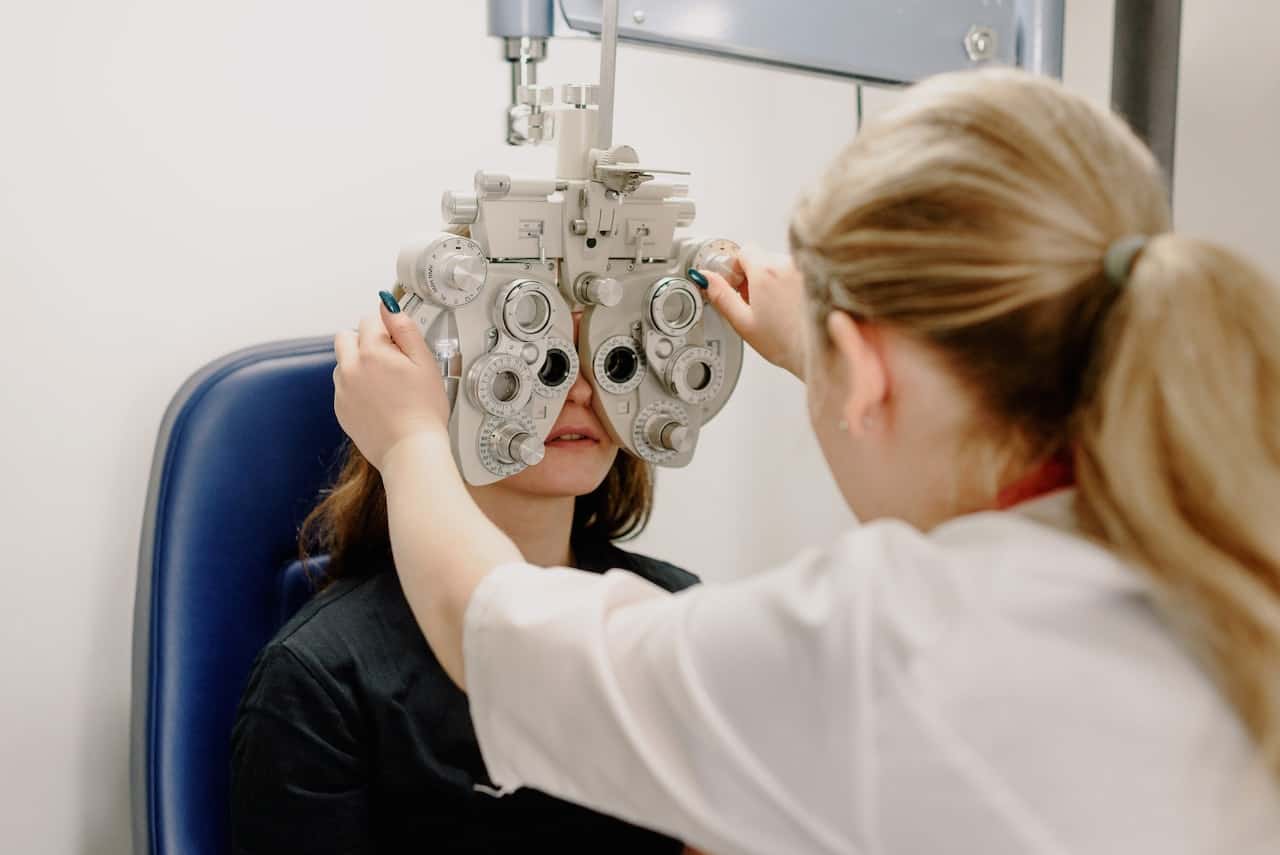Gallbladder pain is a common and often debilitating condition that can be caused by a variety of factors, including inflammation, obstruction, or infection of the gallbladder.
Many people with gallbladder pain may wonder whether medications like omeprazole can help to alleviate their symptoms. Omeprazole is a medication that belongs to a class of drugs called proton pump inhibitors, which are commonly used to reduce the amount of acid produced in the stomach.
While omeprazole is not specifically indicated for the treatment of gallbladder pain, it may be prescribed in combination with other medications to manage the symptoms of gallbladder disease, particularly in cases where acid reflux, heartburn, or other digestive symptoms are present.
In this post, we will explore the role of omeprazole in the management of gallbladder pain, as well as other treatment options that may be available for this condition.
What Is Omeprazole And How Does It Work To Treat Gallbladder Pain?
Gallbladder pain can be an uncomfortable and debilitating condition that can have a significant impact on a person’s daily life. While there are a variety of treatment options available, medications like omeprazole are commonly used to manage symptoms associated with gallbladder pain. But what is omeprazole, and how does it work to alleviate the discomfort of gallbladder pain?
Omeprazole is a medication that belongs to a class of drugs known as proton pump inhibitors (PPIs). PPIs work by blocking the action of the proton pump, a protein found in the stomach lining that produces stomach acid.
By reducing the amount of acid produced in the stomach, omeprazole can help to alleviate symptoms like acid reflux and heartburn that may be present alongside gallbladder pain.
While omeprazole is not specifically indicated for the treatment of gallbladder pain, it is often prescribed in combination with other medications to manage the symptoms of gallbladder disease.
For example, if a person with gallbladder pain is experiencing acid reflux, omeprazole may be prescribed alongside other medications to alleviate the discomfort of both conditions.
The Use Of Omeprazole With Other Medication To Treat Gallbladder Pain
As mentioned earlier, while omeprazole is not specifically indicated for the treatment of gallbladder pain, it can be a helpful tool when used in combination with other medications to manage the symptoms of gallbladder pain.
This is because gallbladder pain can have multiple causes, and a combination of treatments may be necessary to address the underlying issue.
In addition to managing acid reflux, omeprazole may be prescribed alongside pain relievers to alleviate the discomfort of gallbladder pain. This can be particularly helpful for people experiencing acute pain, as pain relievers can provide quick relief while other treatments take effect.
If the underlying cause of the gallbladder pain is an infection, antibiotics may also be prescribed alongside omeprazole. This can help to reduce inflammation and clear up the infection, leading to long-term relief from the pain.
While omeprazole and other drugs may be useful in treating the signs and symptoms of gallbladder discomfort, it is crucial to remember that they are not necessarily long-term fixes.
To remove the gallbladder and relieve the pain, surgery may be required in some cases. Working closely with a healthcare professional will also help you choose the best course of action for your particular needs and keep an eye out for any side effects or difficulties that might arise.
Potential Side Effects Of Omeprazole
Omeprazole is a medication that can be an effective treatment option for managing symptoms of gallbladder pain. However, it is important to be aware of potential side effects before starting treatment.
Some of the most common side effects of omeprazole include headache, nausea, vomiting, changes in bowel habits, and dizziness. While these side effects are usually mild, they can still be uncomfortable and may require adjustments to the dosage or timing of the medication.
Long-term use of omeprazole has also been associated with an increased risk of bone fractures, particularly in older adults. This is because omeprazole can reduce the absorption of calcium and other nutrients in the body.
It is also important to be aware that omeprazole can interact with other medications, so it is important to discuss any other medications or supplements you are taking with your healthcare provider before starting treatment.
In rare cases, omeprazole can cause more serious side effects, such as allergic reactions or liver damage. If you experience symptoms like rash, itching, or difficulty breathing, it is important to seek medical attention immediately.
Other Treatment Options For Gallbladder Pain
In addition to combining omeprazole with other medication, there are other treatment options available for gallbladder pain. The specific treatment approach will depend on the underlying cause of the pain and the severity of the symptoms.
For example, if gallstones are causing pain, the most common treatment option is typically surgery to remove the gallbladder. This procedure, known as a cholecystectomy, can be done through traditional open surgery or minimally invasive laparoscopic surgery. In some cases, medication to dissolve gallstones may be an option.
If the pain is related to inflammation or infection, antibiotics or anti-inflammatory medications may be prescribed to help alleviate symptoms. Pain relief medication, such as acetaminophen or ibuprofen, may also be recommended to manage pain.
In some cases, lifestyle modifications can help manage gallbladder pain. This can include eating a low-fat diet, maintaining a healthy weight, and avoiding trigger foods that may exacerbate symptoms. Regular exercise and stress management techniques may also be recommended to help improve overall health and well-being.
Alternative therapies, such as acupuncture or herbal remedies, may also be considered complementary treatment options. However, it is important to discuss any alternative treatments with a healthcare provider before starting, as some may interact with other medications or have potential risks or side effects.
The best course of action for treating gallbladder pain ultimately depends on the unique circumstances of the patient and the underlying cause of the discomfort.
Visiting a medical professional is essential so they can choose the best treatment plan for managing symptoms of gallbladder pain.
Read More
All about post-traumatic vision syndrome



